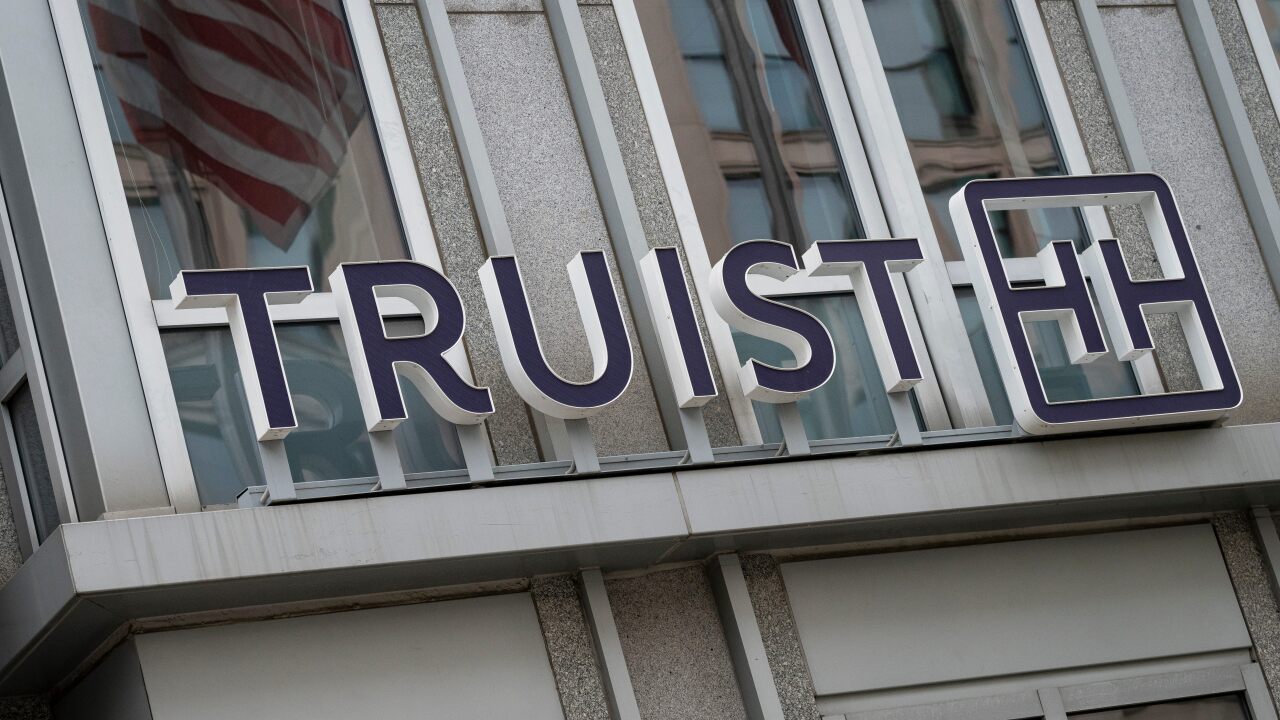Telcos have long hoped to play a key role in mobile payments, and the mobile-only Orange Bank is a major push toward that goal.
It's been an on-again, off-again project for Orange, which initially revealed its plans for Orange Bank in February. However, an initial delay announced in early summer suggested Orange was still determined to launch Orange Bank, an offshoot of its acquisition of a 65% majority stake in Groupama Banque a year ago, even if its original schedule had slipped.
Orange Bank, which launches Thursday, features debit and savings accounts, contactless mobile payments and person-to-person payments, and the company has set a goal of attracting more than two million customers in France within 10 years, while garnering revenue of 400 million euros by the end of 2018.

Orange Bank is equipped with an AI virtual assistant powered through IBM Watson to answer customer questions and operate as a first point of contact for users. Otherwise, customers preferring human contact can speak to trained bank operations and payments services employees at the Orange stores.
"We have been testing the service extensively since May and currently have 4,000 users on the system," said Orange spokesman Tom Wright. "Since the initial announcement, 24,000 people have left their contact details on the Orange Bank website signaling an interest in the service and requesting further details at launch."
Wright said Orange customers will be able to enroll through the company website or in any of the company's 140 stores. Orange Bank will not automatically be installed on customers' phones, he added.
It's a bold move for the European telco, considering that other telcos have generally stuck with simple money transfer or wallet services from technology providers. Plus, some carriers had a strained relationship with handset makers and banks, which worried that telcos were trying to take over customers' financial relationships.
Orange has had previous experience in financial services with
Orange Bank will differ from the cloud-based
Still, a mobile-only bank is particularly appealing to younger consumers on the Orange network.
"They value the extra bits that these banks can offer, like smart analysis of their spending plans and savings goals," said Gareth Lodge, a London-based industry analyst with Celent. "I think this is as much because they have a greater affinity with these non-bank brands – think of the teenager who shops online and who has never been in a bank branch."
With that sort of experience at work, it is easy to predict such a consumer would turn to the organization providing "their connectivity to the world" rather than a bank, Lodge added.
But Orange Bank is likely to encounter issues with customer service, said Enrico Camerinelli, a senior analyst in wholesale banking and payments for Aite Group based in Milan, Italy.
"I see mobile as a peculiar channel for the banking business," Camerinelli said. "It certainly supports a strong change in customer experience."
If mobile becomes the only means that the bank uses to interact with the user, it becomes harder to support more complex clients such as corporations, he added.
"The institution must be prepared to offer typical banking services like lending, cash management, liquidity, trade finance, treasury services, advisory, and any other banking service for a company’s B-to-B transactions through that only channel," Camerinelli said.
Currently, Orange Bank offers consumers the ability to temporarily deactivate a lost card and re-activate when found; free Orange Bank Visa cards and free insurance on accounts; and 1% interest on saving accounts. All customers of Orange Bank get a welcome gift of 80 euros, and existing Orange subscribers get an additional 40 euros when downloading the mobile banking app.
It is probably best that Orange target younger consumers at this time for Orange Bank, Aite's Lodge said.
"The older generation doesn’t necessarily see a benefit to changing banks," Lodge added. "For example, in the U.K., despite the billions spent on it in recent years, switching banks is now at an all-time low."





